Lesson series
A Global Introduction to IMTA certificate
Integrated multi-trophic aquaculture (IMTA)
is the integration of fish farming and aquatic plant farming. Using IMTA
production techniques, uneaten feed and waste from one species can be converted
into feed, fertilizers, and energy for another species.
This short introduction to a complex subject is now available from a global expert - Professor Thierry Chopin of the University of New Brunswick, Canada.
Thierry, is sharing his presentations from 2020 to introduce some basic concepts and references for those interested in the IMTA sector and as a prerequisite to a soon to be published certificate course in IMTA.
Professional outcomes
From this short course you will have an introduction to IMTA and be prepared for ongoing education.
By attending this course you will gain access to the SEA IMTA community space which will also feature webinars, further reading material and discounts to partner events.
By attending this course you will gain access to the SEA IMTA community space which will also feature webinars, further reading material and discounts to partner events.
Requirements for these course
As a free introduction course this education material comes with no prerequisites. But please bring the following.
-
A passion for the blue environment
-
An open mind to the potential of diversified aquaculture.
-
An interest to contribute to the IMTA community space in SEA.
Meet the instructor
Professor Thierry Chopin
Born and educated in France. Thierry obtained a Doctorate from the University of Western Brittany, Brest, France. Thierry moved to Canada in 1989 and is currently Professor of Marine Biology at the University of New Brunswick in Saint John.
Thierry was, from 2010 to 2017, the Scientific Director of the Canadian Integrated Multi-Trophic Aquaculture Network (CIMTAN), an interdisciplinary strategic network of the Natural Sciences and Engineering Research Council of Canada (NSERC).
Thierry was, from 2010 to 2017, the Scientific Director of the Canadian Integrated Multi-Trophic Aquaculture Network (CIMTAN), an interdisciplinary strategic network of the Natural Sciences and Engineering Research Council of Canada (NSERC).
Thierry created the company Chopin Coastal Health Solutions Inc. in July 2016 and am its President.
Thierry is a past President of the Aquaculture Association of Canada, the Phycological Society of America and the International Seaweed Association (of which he was also Secretary General for 6 years). Thierry is an advisor to the International Foundation for Science and a member of the Editorial Boards of six journals and one professional magazine. He is also a columnist with International Aquafeed.
Thierry is a past President of the Aquaculture Association of Canada, the Phycological Society of America and the International Seaweed Association (of which he was also Secretary General for 6 years). Thierry is an advisor to the International Foundation for Science and a member of the Editorial Boards of six journals and one professional magazine. He is also a columnist with International Aquafeed.
Thierry was the recipient of the NSERC Synergy Award for Innovation, the Aquaculture Association of Canada Research Award of Excellence, the New Brunswick BioSciences Achievement Award, the R3 (Research, Results, Recognition) Award of the New Brunswick Innovation Foundation, the Coup de Coeur Award of the Conseil Economique du Nouveau-Brunswick, and the Simply the Best Award of the UNB Associated Alumni.
Thierry is an Honorary Consul of France and Knight in the Ordre National du Mérite, Officer in the Ordre des Palmes Académiques and Knight in the Ordre du Mérite Maritime.
Hi is also a Compagnon in the Ordre des Compagnons du Beaujolais and Ambassador Très Beaujolais.
Patrick Jones - Course author

